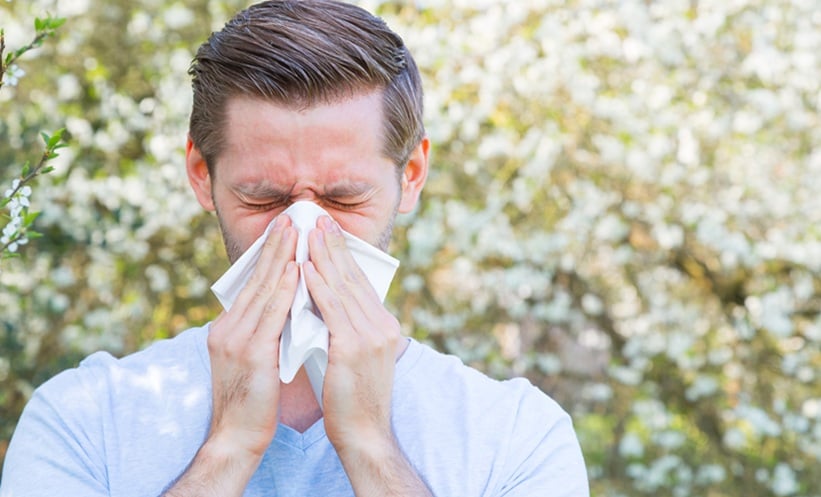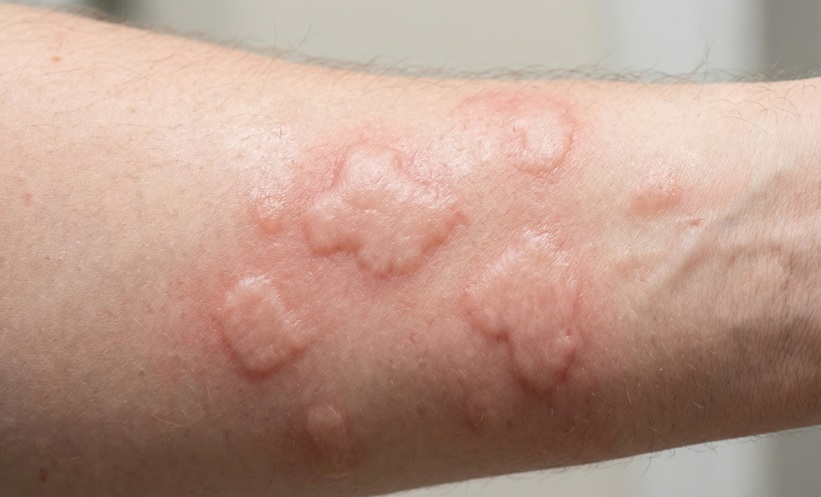ALLERGIC RHINITIS (AR) is a widespread condition caused by an allergic inflammation of the nasal mucosa, typically triggered by allergens such as pollen, dust and animal dander. Symptoms including nasal congestion, sneezing, runny nose, fatigue, and eye irritation can severely impact patients’ quality of life. Seasonal allergic rhinitis (SAR), often occurring in spring, is particularly associated with tree pollens such as juniper, sycamore and ash.
Conventional treatment options recommended by clinical guidelines include antihistamines, nasal corticosteroids and allergen immunotherapy. While often effective in the short term, these therapies are not always suitable for long-term management due to side effects ranging from drowsiness and headaches to more serious cardiovascular complications. As a result, both patients and clinicians are increasingly turning to complementary and alternative medicines, including Traditional Chinese Medicine (TCM).
A recent randomised, placebo-controlled, double-blind clinical study investigated the effectiveness of a TCM prescription known as Tongzhi Decoction (TZD), which combines ten herbs traditionally used to “tonify lung Qi” and “dredge the nasal orifice.” Pharmacological studies suggest that several of these ingredients, including Fructus Mume and Periostracum Cryptotympanae, have anti-allergic and anti-inflammatory effects.
The trial found that after two weeks of treatment, patients receiving TZD experienced significant relief from nasal and ocular symptoms, such as congestion, itching and redness, compared with those on placebo. The Total Nasal Symptom Score (TNSS) and Total Ocular Symptom Score (TOSS) were both markedly reduced in the TZD group, alongside improvements in quality of life and patient satisfaction. Importantly, short-term use of TZD was found to be safe, with very few adverse reactions reported.
Although the study’s relatively small sample size and short duration mean further research is necessary, the results provide valuable preliminary evidence supporting the role of TCM in treating SAR. The findings challenge the perception that herbal therapies require long-term use to be effective, highlighting that even a two-week course may deliver meaningful symptom relief.
This research suggests TZD could become a safe, effective complementary therapy for SAR sufferers, particularly during high-pollen seasons, offering an alternative to conventional treatments with fewer side effects.
Reference
Weibo Z et al. Efficacy and safety of Tuomin Zhiti decoction on patients with seasonal allergic rhinitis: a randomized, double-blind, placebo-controlled trial. J Tradit Chin Med. 2025;45(4):829-35.





